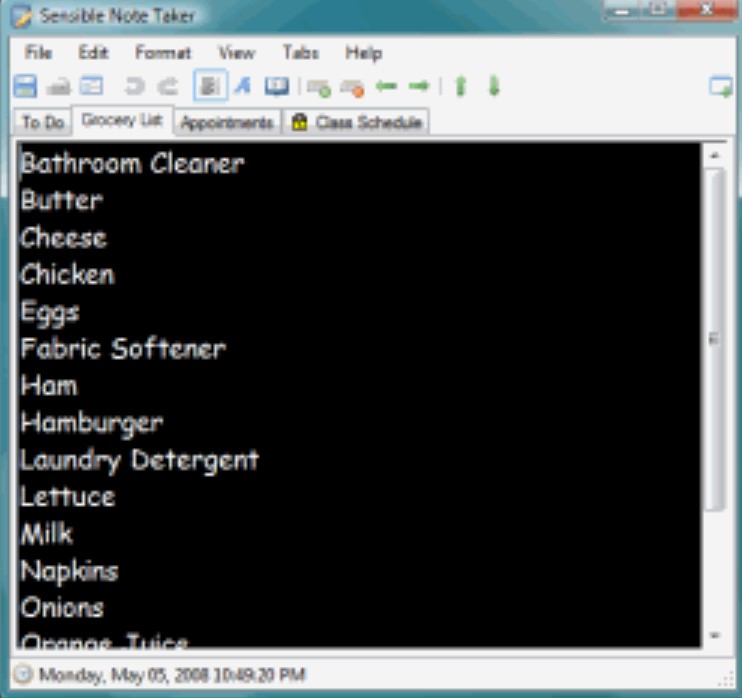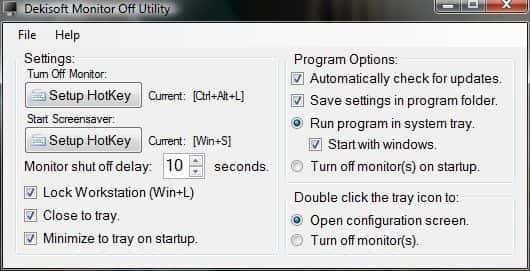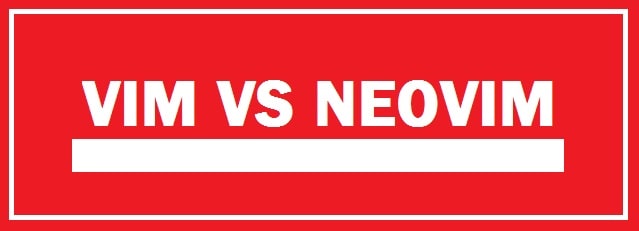
If you are looking for a powerful terminal-based emulator for a long time then Vim is your go-to software. It is deemed to be one of the oldest open-source projects. We have many good terminal editors such as Nano but they don’t lie close to Vim regarding functions, modes and extensibility. However, a much better player is in town now so we have put together a Neovim vs Vim detailed comparison along with Emacs and VSCode to see the differences so you can make an informed decision.
This was until 2014 when Vim fork the Neovim appeared on the open-source horizon. Although it came forward with many controversies still is hailed as the future which was designed keeping in mind the modern user. A lot of development was seen in both of these, especially after the development of Neovim over the years.
Quick overview:
| Neovim | Vim |
|---|---|
| 1. More beautiful 2. Modern looks 3. Faster to navigate | 1. Sleek 2. Exiting out of VIM can be confusing |
| v0.6.1 | v8.2.2825 |
| Continuously growing open-source community supporting the project . | A much larger developer-based and more popularity |
| 1. Top-class API and documentation 2. From browsers to IDE's, all are supported | Much heavy on keyboard shortcuts |
| Extensive list of plugins it supports | Not many or at all |
| Upto 35% more faster, based on internal testing and usage | Noticebly slower then VIM |
Neovim vs Vim (8 Differences Compared) – Which Editor To Choose
Online Documentation
There are a lot of differences between how both have been developed, although both are open-source projects hosted over Github. Big projects which are open-source are backed by a community of developers who together support and develop the project.
In recent times this has not been the case. Many developers from around the globe have contributed to the project. For now, Bram Moolenaar is doing the heavy work where decisions are made about which features need to be added.
If we talk about Neovim, it is a community-powered project in which different people contribute. Developer and user-based are quite small when compared but is a project which grows actively.
Editor Helpfulness
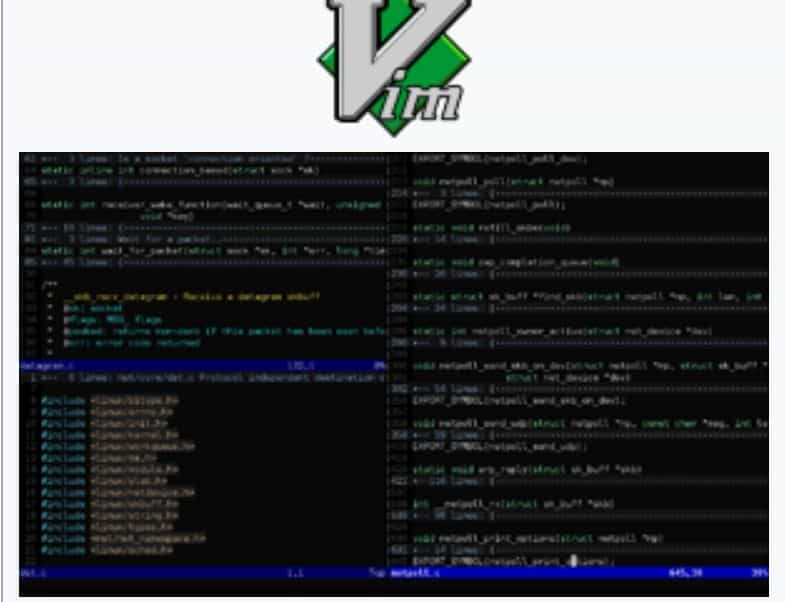
Both features have stable versions that are equal without major bugs reported. Bram has been making a lot of effort to include various features like a built-in terminal, asynchronous support, and much more after it got accepted by the community when NeoVim brought it out of the box.
Now, with the advent of NeoVim, this scenario is supposed to change. It has been some time since it has been around the corner. It shall bring some native Lua support and upgraded support for LSP for the users, as discussed in the article.
Extensibility Support
Vim has been in the market for quite a long time whereas the other is a recent development. It was a time when modular yet extensible code did not seem to be a priority. Therefore the code base is more convoluted and interconnected thus making it more difficult to add new features.
However, the very same mistake was not made by the other which is as modular yet highly extensible as we would want a modern piece of software to be.
LSP Maturity
This is designed to give users a better yet more useful language insight into code. On the other hand, the auto-complete plugin barely performs when it comes to intricate language details. LSP support is a major line of difference between terminal gods and electron-based editors like vs-code.
Language server protocols usually come out of the box with Neo and usage with Lua makes it highly customizable and more usable. If we talk about vim then it does not provide support to LSP and still needs third-party plugins which need to be installed.
Software comparison is complicated in this case. As NV is a fork, it has all the previous features except those in the past years that have been refactored for good.
For now, it carries the stable version v8.2 and the other one is v0.4.4. It is more likely to bump into legacy code whereas, on the other hand, the other one is a lot away from the software it promises its users to be.
Cross-program compatibility

Key bindings carry a lot of popularity due to their flexibility and ergonomics plus users wish to have vim-like movement within an editor, browser and much more all because it is simply lifesaving.
A lot of effort has been put into making plug-ins that allow movements similar to the current one. Some popular ones include Vim for VSode, Vimium for Chrome, Tridactyl for Firefox and much more. Keep in mind that all these plugins lack one thing which is most important – originality. These are not Vi-based and only try to emulate how one should behave.
Moreover, Neovim 5 shall make interactions with other software quite easier by allowing direct calls to it. All of this is due to its built-in support for Lua language. Therefore it is expected to make life much easy for users who wish to have either of the shortcuts.
ALSO CHECK: Are all Ubuntu Releases the same? Find out if they are.
Speed and Stability
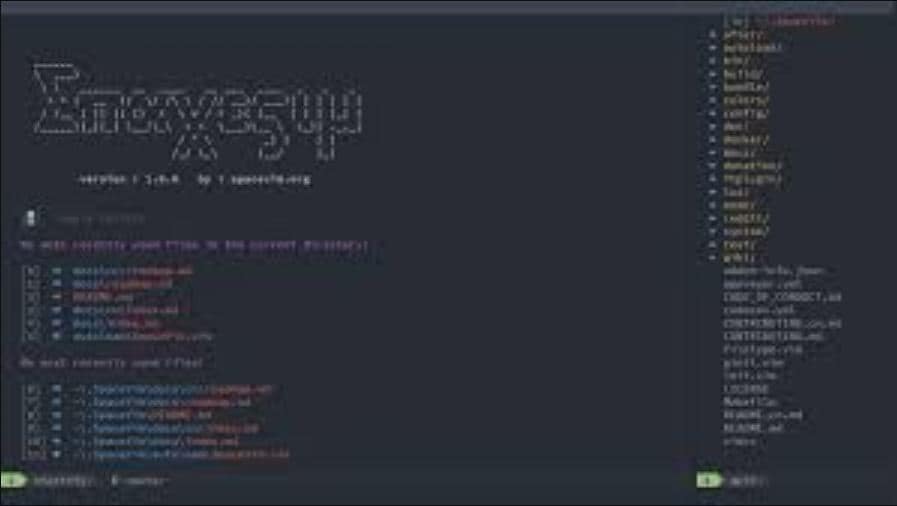
If we talk about a text editor such as nano or vim then this will be quite a contest, but keep in mind that default settings are not useful for many developers, a balance should be there between performance and functions. If it loads everything within seconds and after sometimes the performance gets snappy even with syntax highlighting, code completion, and linting then it might be a reasonable tradeoff. If the user interface carries lag then it is not acceptable at all.
Customizable
Along with good performance, the editor needs to be customizable as well, it means that it has the ability to define its own shortcuts, set themes, and install a huge range of plug-ins that anyone can write.
Syntax Structure
A file also needs proper syntax highlighting; if it is not there, you get to know how important it is. it understands all the language conventions and makes visually parsing the code a lot easy.
Neovim vs VSCode vs Emacs (Multiple Comparisons)
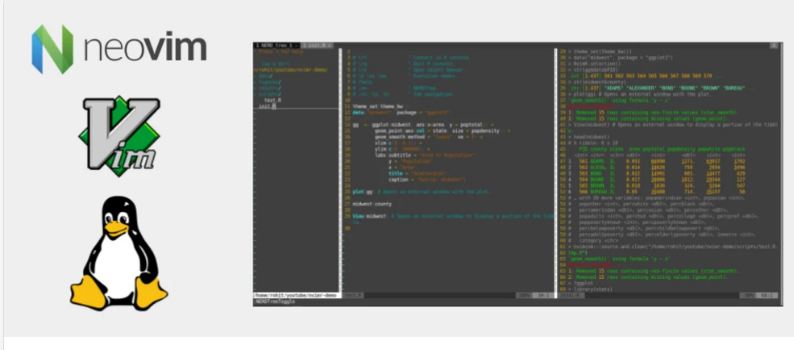
VSCode
This one is a modern IDE with a lot of plugins and themes.
- It is so far the best but is limited by that choice of technology versus using vim with Alacritty.
- Carries a lot many plug-ins and themes.
- Syntax highlighting.
- Linux, Mac OS and Windows 10/11 support.
- The difference: Get language plug-ins for debugging and linting: Git is in-built.
Emacs
This is not one text editor but a family of various editors due to their high extensibility support. The most common one available is GNU Emacs. It is preferred by various because of the vast amount of commands, over 10,000 to be exact.
- Oldest open-source editor project.
- Create keystroke macros allowing for automation of tasks.
- Allow the use of Key Bindings and the ability to add command shortcuts.
- Power to run arbitrary code using event hooks with time schedules.
- Themes can be installed to the color and fonts of the terminal.
Neovim Alternatives
Atom – Make it yours
This option has a lot of capability and some real-time features along with direct integration with GitHub.
- Comes for free.
- It is fast but is limited by electrons.
- Through JS plug-ins but if users are fewer, it means that plug-ins are fewer as well.
- Syntax highlighting.
- It provides out-of-the-box support for both debugging and linting in many popular languages and provides first-class support for Github and Git.
Kate – Biggest Syntax Highlighting Support
This one is based on a text editor component that is built into different parts of the Linux KDE desktop environment. Moreover, this one is a standalone version for editing config files, source code and other text docs.
Why it’s worth a mention:
- Comes in free
- It is fast written down in C++.
- All the plug-ins can be written down in Python or C++. It comes loaded with different options but has no real ecosystem outside the editor, in the same manner, editors seem. It is scriptable with JS.
- Syntax highlighting.
- It does not provide support for Git but there are some future plans.
Sublime Text 4 – Fully-fledged editor
This is more of a focused yet minimalistic editor along with a Python plug-in API
Why it’s worth a mention:
- Costs $80 for a perpetual license +3 years of updates.
- It is fast written down in C++.
- Plug-ins need a third-party plugin but as soon it gets installed it has a community of plug-ins.
- Syntax highlighting.
- Not much of a built-in. An independent development company makes it. Git GUI is its second application.
Distro Comparisons that you’ll find interesting:
- Manjaro vs Gentoo Distro comparison – which to choose for your server?
- 3 Best Hacking OS compared for Linux.
- Debian vs Ubuntu – Which is faster performance-wise?
- Is EndeavourOS faster and more stable than Manjaro.
- Manjaro or Ubuntu? – Which is superior for programmers and developers.
Final Words – Is Neovim overall better than Vim?
After we have bored you with the information in the comparison above, you can now decide between these two. The Vim vs Neovim debate is due to differences, plug-in support and extensibility. Both come down to personal preference, past usage and the overall environment where you work and how you get used to it learning a Unix-like OS or the terminal.
If you are more curious about reading further, we have also compared it to Emacs and VSCode, which you could use as alternatives.








